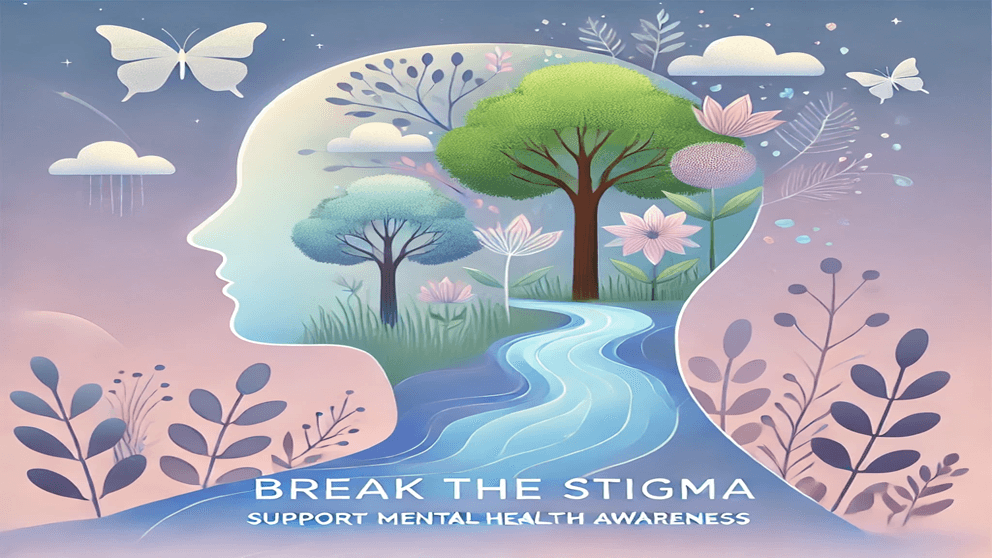
Mental health is an integral part of overall well-being, yet it often does not receive the same attention as physical health. Mental Health Awareness aims to change that by educating the public, reducing stigma, and supporting individuals affected by mental health disorders. This post explores why mental health awareness is vital and how everyone can contribute to this cause.
Understanding Mental Health
Mental health includes our emotional, psychological, and social well-being. It affects how we think, feel, and act. It also helps determine how we handle stress, relate to others, and make choices. Mental health is important at every stage of life, from childhood and adolescence through adulthood.
The Importance of Mental Health Awareness
- Reducing Stigma: Many people suffering from mental health issues face stigma and discrimination, which can lead to feelings of shame and isolation. Awareness helps reduce this stigma, making it easier for individuals to seek help without fear.
- Early Detection and Support: Increased awareness can lead to more people recognizing the signs of mental health issues, not just in themselves but in others too. This can promote early intervention and support, which can be crucial for recovery.
- Educating the Public: Awareness campaigns educate the public about mental health issues, treatment options, and ways to support those who are affected. This education is crucial for changing perceptions and behaviors surrounding mental health.
Challenges in Mental Health
- Lack of Resources: In many areas, mental health services are underfunded and understaffed. This can make accessing help difficult for those who need it.
- Cultural Barriers: In some cultures, there is a significant stigma associated with mental illness, with it being seen as a weakness or something to be hidden.
- Lack of Education: Without proper education on mental health, people may not recognize their own symptoms or those of others, delaying or forgoing necessary help.
What Can We Do?
- Speak Out: Sharing personal stories about mental health can break down barriers and inspire others to seek help.
- Educate Yourself and Others: Learn more about mental health issues and share this knowledge to combat misinformation and stereotypes.
- Support Mental Health Initiatives: Whether it’s through volunteering, donating, or participating in events, supporting organizations that focus on mental health can make a huge difference.
Conclusion
Mental health is a critical part of our overall well-being, and fostering an environment where people feel supported in addressing their mental health needs is essential. Mental Health Awareness not only helps in reducing stigma and providing support but also empowers individuals to take an active role in their own mental health journey. Let’s work together to break the stigma and support mental health awareness.






